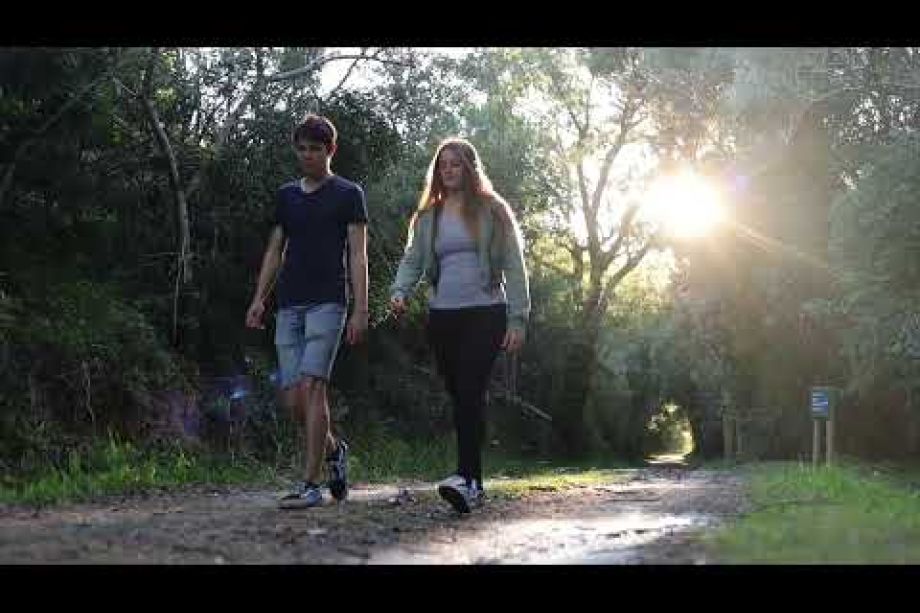
Your Perfect Summer Getaway with CapeNature
Embark on an adventure and immerse yourself in the vast open spaces of our 25 nature reserves spread across the Western Cape. With a variety of self-catering accommodations and campgrounds to choose from, we cater to different preferences and budgets.
Each of our reserves boasts its own unique charm and natural attractions. Picture yourself exploring scenic hiking trails that lead to hidden waterfalls or an epic encounter. Whether you're seeking a peaceful retreat, an adrenaline-fueled adventure, or a chance to reconnect with nature, our reserves provide the perfect backdrop for your summer getaway.
Here's a list of reserves waiting for you to explore this summer:
- Cederberg Wilderness Area
- Rocherpan Nature Reserve
- Kogelberg Nature Reserve
- Vrolijkheid Nature Reserve
- Grootvadersbosch Nature Reserve
- Marloth Nature Reserve
- Goukamma Nature Reserve
- Gamkaberg Nature Reserve
- Limietberg Nature Reserve
- Robberg Nature Reserve
- Keurbooms Nature Reserve
- Anysberg Nature Reserve
- Bliss on the Bay, Pringle Bay
How to book your summer holiday:
- Book Online: Visit our user-friendly website at booking.capenature.co.za to explore the available accommodations and campgrounds. You can browse through the options and book your preferred choice directly online.
- Email: For personalised assistance or specific inquiries, you can reach out to our reservation team via email at reservation.alert@capenature.co.za. They will be more than happy to guide you through the booking process and answer any questions you may have.
- Call: If you prefer speaking with a friendly voice, feel free to contact our call centre at 087 087 8250. Our dedicated team will assist you in selecting the perfect reserve and making your booking over the phone.





